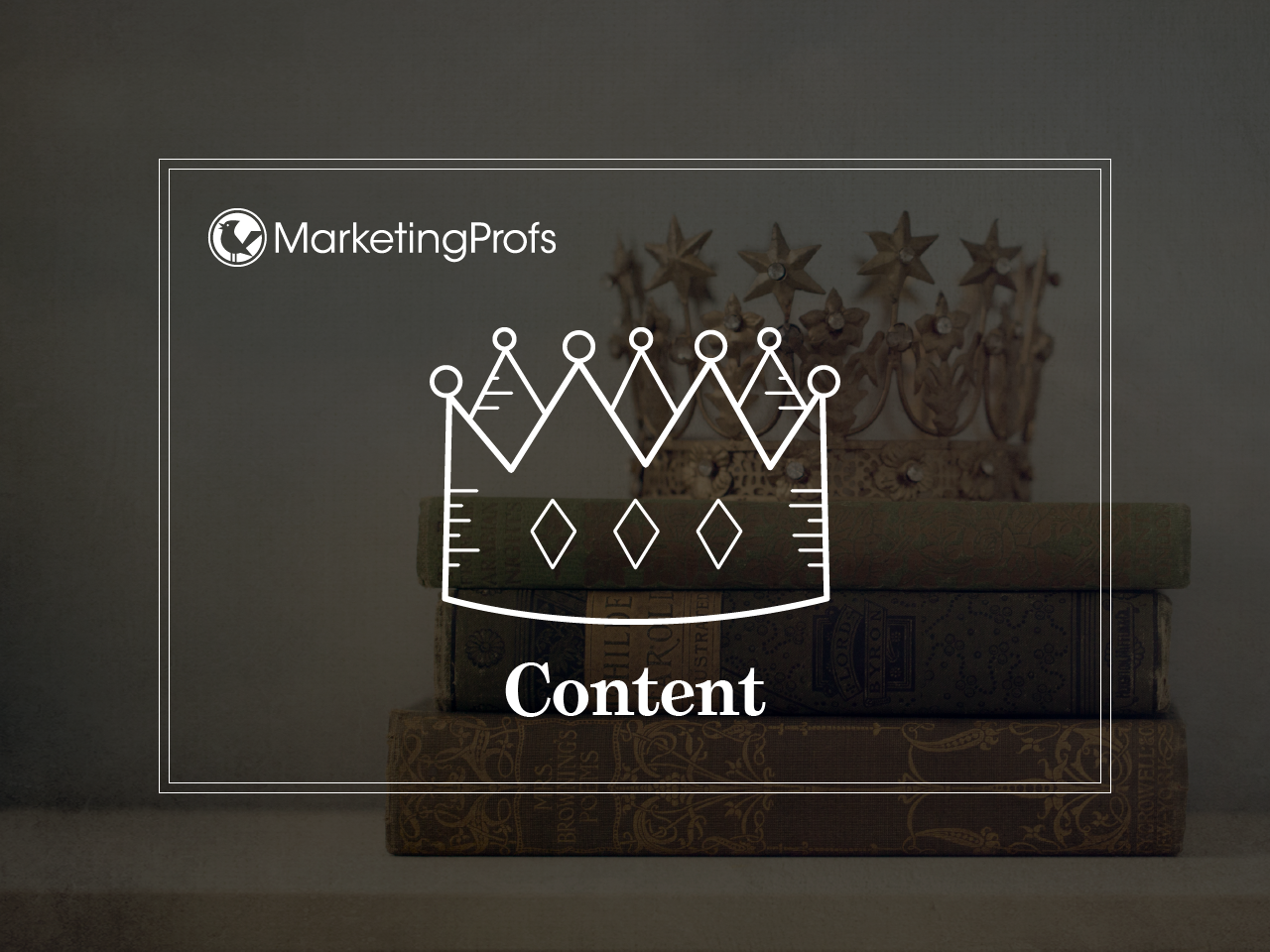A good testimonial outlines key benefits, makes comparisons with other products, and backs up the claims you've made about your product or service. That's why many businesses choose to include a form of testimonial in their marketing. Three Testimonial Types Quotes The simplest forms of testimonial are quotes and feedback from customers or clients about their experience with your firm or product. The testimonial comments should usually give information on how customers found the process, how effective the service or product was, and whether they would recommend it to other businesses. They should outline the background of the company that used your service, what problems it was aiming to address, why it chose your company, how it found the process of using your product or service, and what impact it had on the company and ROI. In this example, it might be displayed as a graph demonstrating increase in traffic or screenshots of search results pages. Videos For most of us, videos are a more impactful, believable, and memorable testimonial method than many others. There are some cons to videos, however. Ways to Collect Testimonials Surveys One easy way to gain testimonial quotes is a simple and short survey, whereby you ask questions relating to the experience of the customer. Those commonalities will make them relatable to whoever is reading or listening, and those readers or listeners will trust the review more than they otherwise might.
Before buying a book or a pair of headphones from Amazon, it’s highly likely you’d read a few reviews to ensure you’re making the right decision. For consumers, reviews are vital in helping make purchasing decisions. But the same is also true for organizations that buy a product or service from other businesses.
In the case of business-to-business (B2B) marketing, testimonials can carry a lot of weight in highly competitive markets and must be carefully planned and executed. Before choosing which company to purchase from, B2B buyers spend a long time considering their budgets, product effectiveness, vendor professionalism—and the testimonials of peers.
B2B companies know how to talk up their products or services, emphasizing how efficient and cost-effective they are. But customers don’t want marketing spiel; they want balanced and unbiased feedback from people they can relate to. They also want concrete figures and results.
Testimonials build trust between the company and its users, and they help customers overcome any skepticism they might have. They also allow for comparison among similar products, which might help you get the edge over your competitors.
A good testimonial outlines key benefits, makes comparisons with other products, and backs up the claims you’ve made about your product or service. That’s why many businesses choose to include a form of testimonial in their marketing. But some are more effective than others.
Research
Research backs up the claim that customer testimonials are effective. Testimonials beat all other types of content marketing for their effectiveness, WebDAM found:
Some 78% of people say they trust reviews as much as recommendations from acquaintances, and it’s interesting to note that the inclusion of both positive and negative reviews is perceived as more trustworthy than just positive reviews.
Perhaps unsurprisingly, 30% of people suspected some form of censorship, so it’s important to make testimonials appear as genuine as possible.
Research also demonstrates that not overwhelming your users is best, so picking no more than 3-5 examples is enough to provide an effective testimony.
Three Testimonial Types
Quotes
The simplest forms of testimonial are quotes and feedback from customers or clients about their experience with your firm or product. Those can then be displayed on websites and social media pages as well as print collateral.
In the age of short attention spans, such quotes should be succinct and snappy to catch attention immediately. The testimonial comments should usually give information on how customers found the process, how effective the service or product was, and whether they would recommend it to other businesses.
One benefit of displaying quotes is that they are relatively easy to get hold of: They just require contacting a few customers and kindly requesting comments.
However, they may not always be as valuable and effective as other methods. Quotes could easily be embellished or made up, so they might not appear as trustworthy as other testimonial methods. Therefore, to make quotes…

COMMENTS